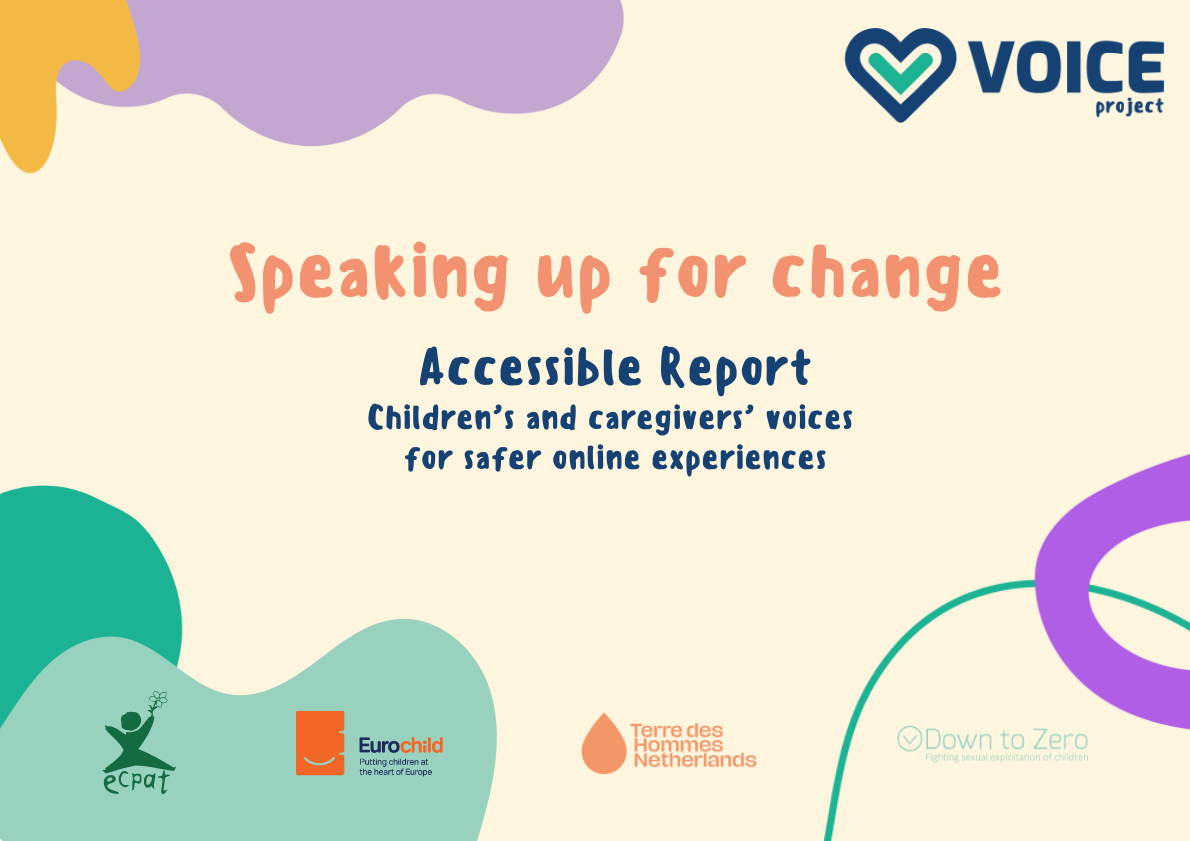Protecting children online should not come at the expense of silencing them
Eurochild position paper on social media bans.
Recently, concerns about risks for children in the digital environment, especially related to harmful or illegal content, sexual abuse, exploitation, cyberbullying, and mental health, have occupied the political and societal debate. Policy-makers and guardians are increasingly disappointed in online platforms for failing to effectively provide age-appropriate services for children. In this context, some Member States proposed adopting a harmonised “Digital Age of Majority” of 15 or 16 years old, de facto banning children under such age from accessing social media platforms across the EU.
Departing from children’s lived experiences online, it seems clear that banning children from social media is not the right solution to address online harm. Eurochild believes that blanket measures restricting children’s access to social media seriously limit children’s rights and are ineffective and counterproductive. Instead, a child rights-based, evidence-based, and multi-stakeholder approach should be pursued.
Access to the internet and digital services not only provides children with the opportunity to explore social interaction, creativity and civic engagement, but crucially enables their rights of freedom of expression, information, education and participation. Banning children from social media would severely restrict these rights, which European countries, as signatories of the UN Convention on the Rights of the Child, are bound to uphold.
In addition, incentives for online platforms to build safe digital spaces for children will decrease as children will allegedly no longer be present in their services. The impact of key EU regulatory tools, such as the Digital Services Act or the proposed Regulation to combat child sexual abuse, will be weakened.
Our policy recommendations:
- Provide child-rights-based solutions that do not disproportionately restrict children’s rights online.
- Support safety-by-design regulation that prevents online risks and builds on the responsibility of the online platforms to provide child-rights respecting services.
- Encourage digital literacy initiatives for children, parents, teachers and professionals working with children.
- Strengthen the accountability and transparency of online platforms, including by strengthening the requirements and scrutiny of VLOPs' risk assessment reports under the DSA obligations.
- Ensure meaningful child participation in digital policies and design.




